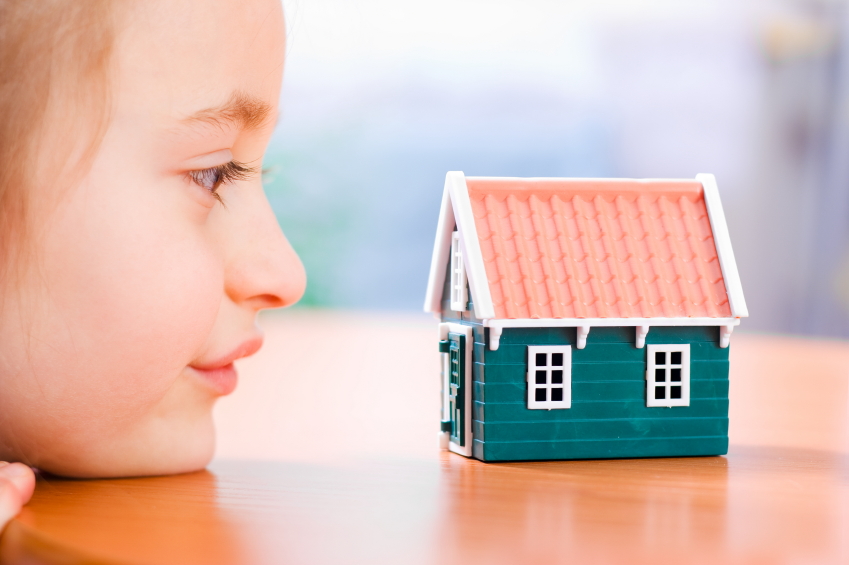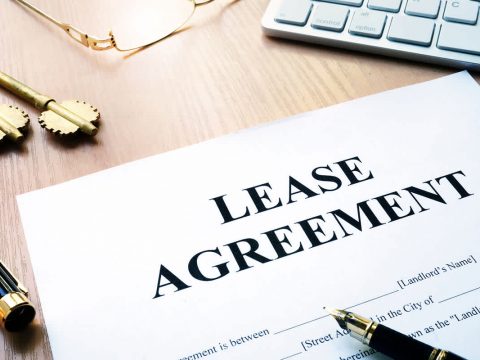- Have any questions?
- (850) 713-4866
- info@shorefrontrestorations.com
House Too Big and Looking To Downsize?

Generating Cash From Your Home Equity for a Business or Real Estate Investment
February 1, 2021
Is It the Right Decision to Sell My House?
February 1, 2021As we go through the different phases in our lives, we realize that some of the things we use just don’t support our current circumstances. As kids grow up into their teenage years, naturally, they have to change their clothes. Not just because they grew up physically, but they to switch things up because they might have developed a preference for a certain style as well. Single young adults might consider pivoting into a more lucrative career when faced with the possibility of having a family. Other people stop paying for cable because they think that Netflix and YouTube are already enough for their needs. And to you who clicked on this article, you might be playing with the idea of downsizing your massive house because it just doesn’t suit your lifestyle anymore.
But what is downsizing to begin with? For companies, downsizing may mean dismissing unneeded employees. Downsizing may also refer to decluttering where you get rid of unnecessary possessions like unused clothes or house décor. But for us today, downsizing simply means decreasing the size of your home. While that can be done literally, where you can physically break down sections of the home to make the house smaller, what we’re referring to in this article is the act of selling your huge house to purchase a smaller one.
Just to clarify, downsizing doesn’t mean that you have to buy an overly small house (like you might see in the “tiny home” movement) but only means that you’re scaling down the volume of your home to fit your way of life.
Why Should You Downsize Your Home?
Many are looking into downsizing their homes for many obvious reasons. First, it’s going to be more cost-efficient. If you have a smaller house, that means you have to spend less on utility bills, taxes, insurance, and mortgage payment. Speaking of mortgages, depending on your situation, you might be able to cover the entire mortgage! It doesn’t even have to be your mortgage; you can pay off your car loan or even your student loan!
If there’s anything left over, or if you’re already debt-free in the first place, you can invest those funds into your retirement plans! Imagine how much more you’ll get at retirement by adding a few more hundred dollars into your monthly deposits!
Next, there’s less maintenance and cleaning around needed. If you have kids that have already moved out, their former rooms usually turn into untouched rooms that can be a pain to clean up regularly. Also, when we find that it’s harder to move around the house like we used to, it’s quite tempting to choose to live in a humbler home with no tall cabinets to reach, no stairs, and no extensive walking trips to the bathroom. But even if you don’t have movement-restricting health issues, the time you gain from not working all over the house would get you more time to spend on more important matters like your family, partner, or perhaps a new hobby.
Despite the fact that living in an enormous house is often seen as a symbol of being on a high social status, a few people do realize that they don’t have to keep up with the Joneses any longer. Other goals and aspirations may fuel the desire to prioritize downsizing, such as wanting to travel or moving into a more fulfilling career.
What Should You Expect with Downsizing Your Home?
If downsizing seems to be a good idea, you have to take note of a couple of things. First, understand the potential costs of selling your house like capital gains tax or the need for repairs before selling your home. Because a smaller home might not be able to accommodate the current furniture you have right now, besides paying for moving your smaller furniture, you might have to buy new ones, too.
Depending on the location you’ve chosen to move to, expect to notice some changes. You might have to deal with restraints such as HOA’s with strict rules which reduce the amount of control you have on your property.
There may be a few features in your sizeable home that you take for granted. Some of these might be a seemingly endless storage space, multiple quiet places to work in, a big place to host a substantial house party, or other unique characteristics that might not be present in your future downsized home.
If you’re a sentimental person, there’s a good chance that you’ll have to let go of some items. You could keep them, but at the risk of filling your new home with clutter. Don’t worry, you can still make memories wherever you go, and selling your house and giving up old things doesn’t mean that those memories would go away. At the end of the day, the choice is up to you if the benefits of downsizing outweigh the emotional attachment.
If you’re still in doubt, you can try living on a short-term rental and see how you can deal with the differences.
Selling the House
Before we start selling, make sure that you already have an idea of what small house you want to get afterward. How small do you want your new house to be? If you’re expecting some people to come to visit you, it’s possible to find smaller homes with those extra rooms at the ready. As usual, just like buying any other property, consider the location’s proximity to shops, parks, restaurants, or even valuable family members and friends.
Because you want to maximize selling your house, you have to find an agent or investor who knows their way around the industry. Finding someone to buy your house is not as easy as it sounds. The process can get a little grueling, but if have experienced people doing everything for you, you won’t have to go through those hassles.
If this sounds good to you, we from Shorefront Investments can help you out! Our years of experience can get you results as early as possible. Call us, or send us a message, and we’ll get you started on your home downsizing journey!




